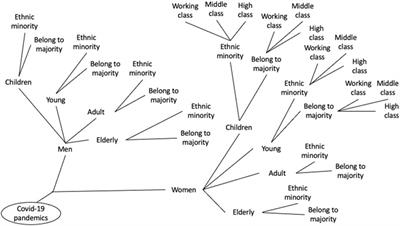EDITORIAL
Published on 14 Jul 2021
Editorial: The Intersections of Economic Insecurity, Non-Standard Employment and Gender in Southern Europe
doi 10.3389/fsoc.2021.730671
- 1,863 views
- 1 citation
7,588
Total downloads
67k
Total views and downloads
You will be redirected to our submission process.
EDITORIAL
Published on 14 Jul 2021
ORIGINAL RESEARCH
Published on 15 Apr 2021

MINI REVIEW
Published on 26 Mar 2021

ORIGINAL RESEARCH
Published on 17 Sep 2020

